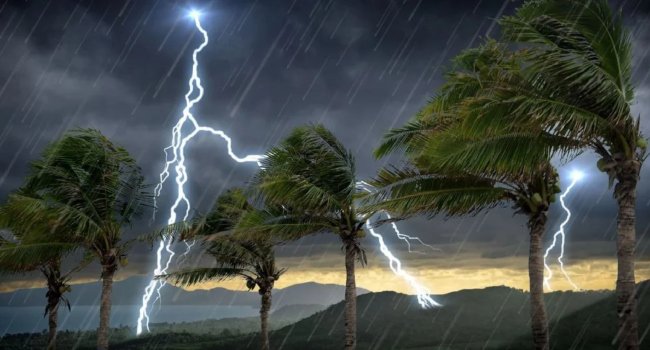Gom Mirian
As world leaders gathered in Dubai for the United Nations (UN) COP28 climate conference, its World Meteorological Organisation (WMO) has released its provisional 2023 State of the Global Climate report, sounding the alarm on the dire consequences of global warming.
According to the report, 2023 is on track to become the hottest year ever recorded, breaking numerous climate records in the process.
The WMO highlighted the devastating impacts of extreme weather events, stating that they have left a “trail of devastation and despair” in their wake.
Speaking at the conference on Thursday, WMO chief, Petteri Taalas, said: “It’s a deafening cacophony of broken records.
“Greenhouse gas levels are record high. Global temperatures are record-high. Sea level rise is record high. Antarctic sea ice is record low.”
UN chief, Antonio Guterres, on his part, said the record heat findings “should send shivers down the spines of world leaders.”
The 2015 Paris Climate Accords aimed to limit global warming to well below two degrees Celsius above pre-industrial levels — and 1.5C if possible.
But in its report, the WMO said 2023 data to the end of October showed that this year was already around 1.4C above the pre-industrial baseline.
The report also showed that the past nine years were the hottest since modern records began.
“These are more than just statistics,” Taalas said, warning that “we risk losing the race to save our glaciers and to rein in sea level rise.
“We cannot return to the climate of the 20th century, but we must act now to limit the risks of an increasingly inhospitable climate in this and the coming centuries.”
The WMO warned that the warming El Nino weather phenomenon, which emerged mid-year, was “likely to further fuel the heat in 2024.”
The preliminary report also found that concentrations of the three main heat-trapping greenhouse gases — carbon dioxide, methane and nitrous oxide — reached record-high levels in 2022, with preliminary data indicating that the levels continued to grow this year.



